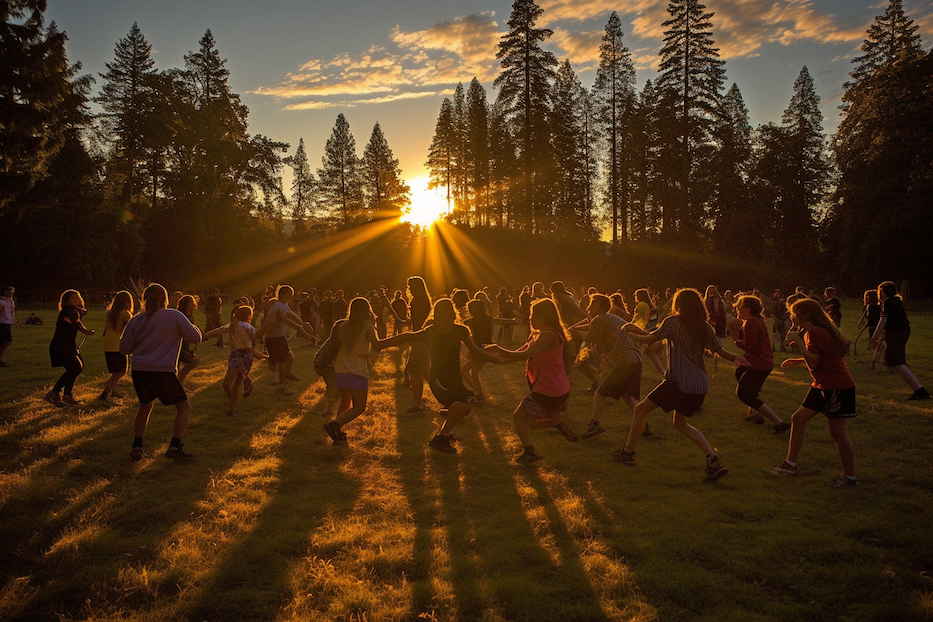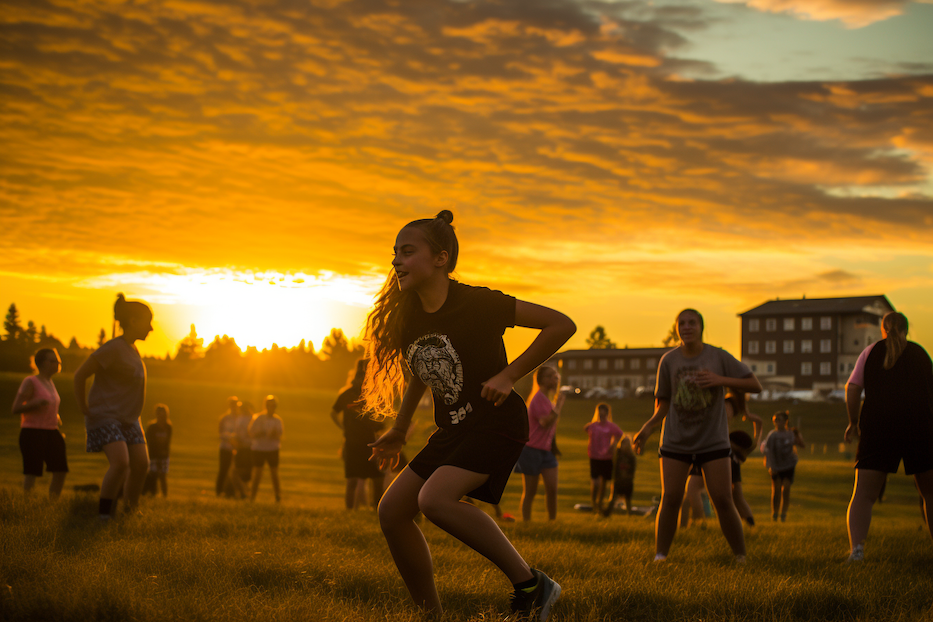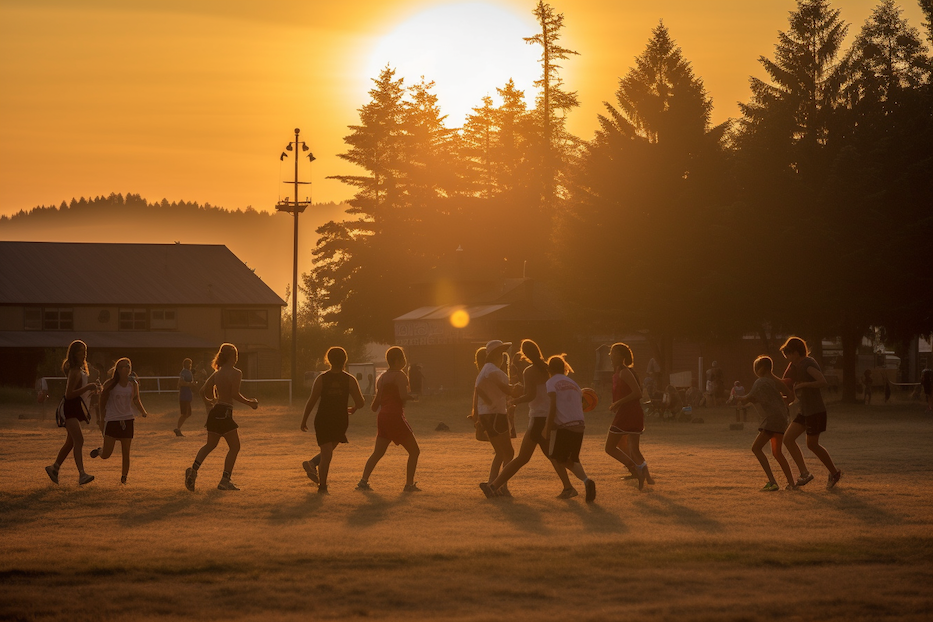
A Digital Dilemma: The Gen-Z Paradox
In the digital age, a significant concern among psychologists, parents, and educators is the diminishing social skills among teenagers and the associated psychological problems propelled by excessive internet use and social media engagement. Today's teenagers, dubbed 'Generation Z,' are the first to grow up with smartphones and social media as an integral part of their daily lives. As captivating as the digital world may seem, there are undeniable repercussions on the mental and physical health of our youth.
Studies reveal that overuse of digital media can lead to various psychological issues. A 2018 study published in the "Journal of Abnormal Psychology" found a sharp increase in depressive symptoms among American adolescents who reported more screen time over the past decade. The internet can foster isolation, leading to poor social skills, anxiety, and low self-esteem. The constant social comparison, cyberbullying, and the unrealistic standards portrayed on these platforms are significant contributing factors.


Unplugging From Emotion: The Downfall of Social Skills
Despite the seeming virtual connectivity, teens' social skills, such as empathy, problem-solving, and conflict resolution, are deteriorating. According to a 2014 UCLA study, sixth-graders who went five days without even glancing at a smartphone, television, or other digital screen did substantially better at reading human emotions than sixth-graders from the same school who continued to spend hours each day looking at their electronic devices. This diminished capacity for emotional understanding and social interaction may impede their ability to form meaningful relationships and engage in constructive social interactions.
Nonetheless, there is a well-documented solution that can help mitigate these problems: participation in sports and outdoor activities. Sports camps, in particular, can provide an invaluable experience for teenagers by encouraging them to disconnect from their digital lives and engage in real-world social interactions.


Sports Camps: The Playground for Social Skill Development
Engaging in physical activities and sports can offer myriad benefits. A 2019 study from the University of British Columbia showed that regular physical activity can prevent depression among teenagers. Similarly, research from the American Academy of Pediatrics suggests that children and adolescents who participate in organized sports are less likely to suffer from mental health issues later in life.
Sports camps are not just about physical activity; they also provide an immersive environment that fosters social skills. These camps typically require teamwork, collaboration, and communication, which are all crucial for enhancing social skills. The need to interact and coordinate with peers during games and activities nurtures empathy, resilience, problem-solving skills, and emotional intelligence.


Balancing the Digital Age: The Imperative of Real-world Engagement
Moreover, the natural setting of many sports camps promotes a healthier lifestyle. According to a 2019 study published in "Frontiers in Psychology," exposure to nature can reduce stress, promote relaxation, and improve mood and self-esteem among adolescents.
In conclusion, as we continue to navigate the digital age, it's crucial to create a balance. While technology and social media are here to stay, they shouldn't replace the invaluable face-to-face interactions and physical activities vital for a teenager's psychological well-being. Sports camps offer an effective solution to restore this balance, promoting physical health, enhancing social skills, and mitigating the potential psychological impacts of excessive screen time. It's high time we encourage our teens to step out of their virtual worlds and engage more with the real one.








